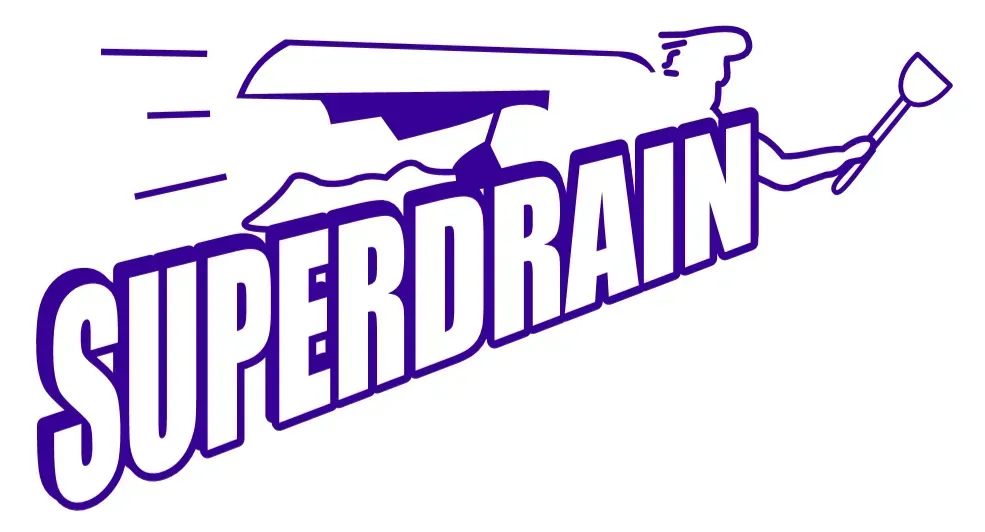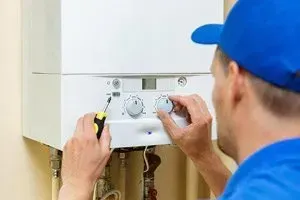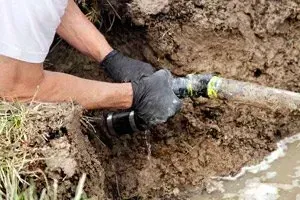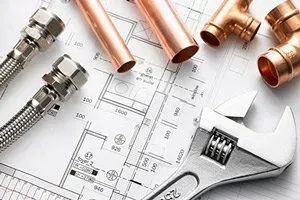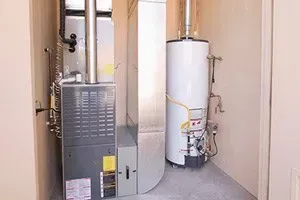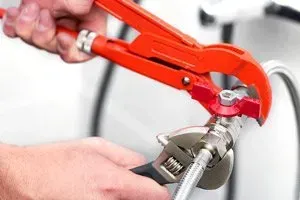STEPS TO TAKE IF YOU HAVE A LEAK IN YOUR PLUMBING
STEPS TO TAKE IF YOU HAVE A LEAK IN YOUR PLUMBING
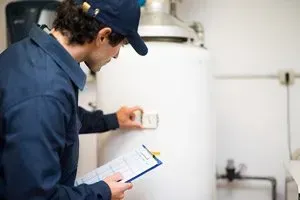
Whether you've had a suspiciously high utility bill this month or you've noticed that areas of your home are extra-damp, humid and musty, the suspicion that you could have a water leak somewhere in your plumbing system can be infuriating—especially if you're having a hard time pinning it down.
There are a few things you can take to try and locate the leak on your own, but sometimes water leaks will occur inside your walls in inaccessible locations. That would explain why you're having such trouble finding the leak. Here are some steps to take to find a leak in your plumbing.
1. TRACK DOWN SOME EVIDENCE
Some leaks can be impossible to solve on your own, such as slab leaks, which require not only plumbing work but also foundation work. Fortunately, slab leaks aren't very common. Sink supply leaks and toilet leaks are much more likely.
But even if you don't end up finding and solving the leak on your own, gathering all the information you can about it can give the professionals a head start, allowing them to complete the repairs more quickly and cost-effectively.
Here are some things to look for when you suspect a leak:
• Loss of water pressure
• Constantly running water meter
• Signs of water damage or mold
• High humidity and/or damp, musty smells
You can also use your ears to help you locate the source of a suspicious dripping or rushing sound.
2. GET A PROFESSIONAL OPINION
If you're able to find the leak and identify its cause, it's up to you to decide whether to call a plumber or take a stab at repairs yourself. You'll probably base your decision on how tricky the repair is, how much experience you have with plumbing work, whether you have the right tools and whether or not you have plenty of time to mess with it between your other commitments.
However, you should probably call a professional right away if you discover one of these situations:
• The initial DIY fix didn't solve the problem
• A pipe has burst and is spreading water rapidly through the house
• You find a rapidly leaking pipe or one that's already caused considerable water damage
• You discover that your water heater is the origin of the leak
Emergencies are often best handled by professionals, who not only have more experience and equipment than you do but also have more manpower available.
3. CONSIDER A VIDEO INSPECTION
If you've done everything in your power to find the leak and can't, it's likely to be a tricky leak. So you'll want to be sure that the professionals you call offer video inspection services for plumbing-leak detection. Video inspection is performed by inserting special cameras into the pipes, which allows professionals to actually see what's going on in there. Video inspection makes it easier to not only find the leak but also find its cause.
4. DON'T FORGET THE WATER DAMAGE CLEANUP
Finally, as soon as you find the leak, you'll need to start taking steps to mitigate the water damage. Once the leak has been locked down and repaired, you'll need to make sure the entire area is dried out. This includes addressing standing water and drying all the water out of the air with a dehumidifier. If there's mold or mildew present, don't forget to call for professional mold remediation as well.
These four steps will help you move from suspecting a leak to finding, repairing and cleaning up after the leak in question. Be sure to contact Superdrain for help with any plumbing work, whether it's leak detection and repair, an unruly water heater or plumbing fixture installation.
